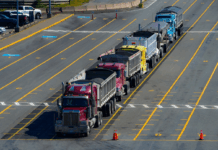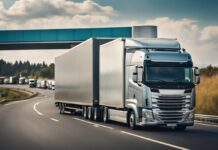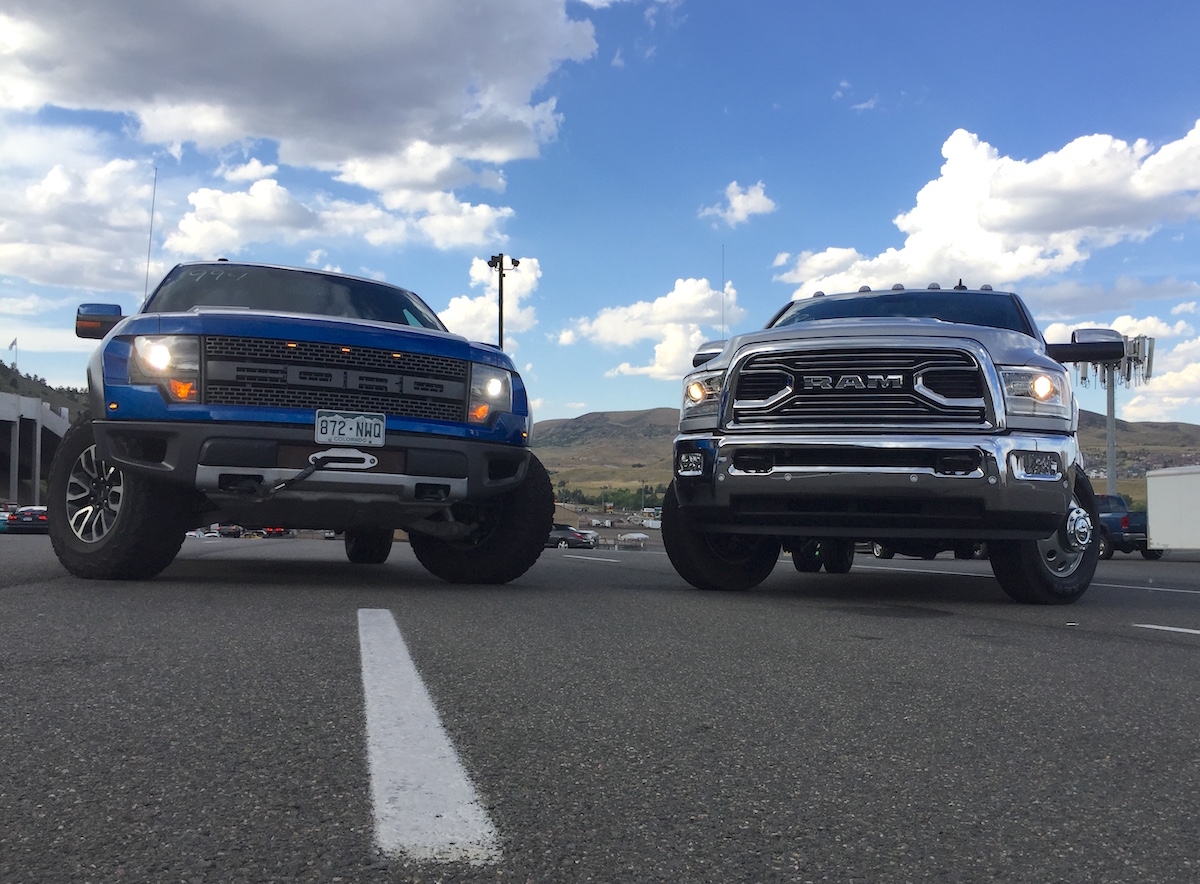SPONSORED CONTENT

In 2025, the trucking industry is undergoing a significant transformation driven by artificial intelligence and automation. These technologies are enhancing safety, efficiency, and sustainability, reshaping logistics and fleet management. Companies that embrace these advancements are gaining a competitive edge by reducing operational costs and improving service reliability.
Advanced Driver Assistance Systems (ADAS)
Modern trucks are increasingly equipped with Advanced Driver Assistance Systems (ADAS), which use AI to analyze road conditions and assist drivers. Automatic emergency braking, lane-keeping assistance, and adaptive cruise control improve road safety and reduce accident risks. AI-powered computer vision and LiDAR sensors allow trucks to “see” their surroundings, detect obstacles, and make real-time adjustments. These innovations are making highways safer while reducing driver fatigue and operational risks.
Autonomous Trucks: From Testing to Reality
Autonomous trucks are no longer just a concept—they are being actively tested and implemented. Companies like Tesla, Waymo, and Navistar are making significant progress in developing self-driving trucks capable of operating with minimal human intervention. Navio L5, for example, is a fully autonomous highway truck with no driver’s seat, equipped with AI-driven radar, LiDAR, and cameras for navigation. Daimler and Volvo are investing heavily in self-driving technology that aims to reduce reliance on human drivers and increase fuel efficiency. These developments indicate a shift towards fully automated trucking fleets, reducing labor shortages and optimizing freight movement across long distances.
AI-Powered Logistics Optimization
Artificial intelligence is also playing a crucial role in logistics. AI-driven route optimization systems analyze traffic, weather, and road conditions to determine the most efficient delivery routes. Companies are leveraging AI to reduce fuel costs by optimizing driving patterns, improving supply chain efficiency through predictive analytics, and enhancing fleet monitoring with real-time telematics. These technologies allow businesses to track vehicle performance and anticipate maintenance issues before they escalate into costly repairs. For businesses looking to stay competitive, AI-driven logistics management is no longer optional—it’s a necessity.
Environmental Impact and Sustainability
AI and automation are also contributing to a greener trucking industry. Smart traffic management and AI-driven route planning help reduce CO₂ emissions, while advancements in electric and hydrogen-powered trucks are decreasing the industry’s reliance on fossil fuels. Many companies are investing in zero-emission commercial vehicles to comply with stricter environmental regulations and reduce their carbon footprint. Automated fleet electrification is quickly becoming the future of sustainable transportation.
Which Trucks Should Businesses Invest in for 2025?
Should businesses embrace the latest AI-powered, fuel-efficient trucks, or stick with proven, time-tested models? The newest trucks offer advanced driver assistance, lower fuel costs, and compliance with strict emissions regulations, but they come with higher upfront costs and potential uncertainties in maintenance and resale value.
Traditional diesel trucks, on the other hand, provide reliability, a well-established service network, and predictable operating costs. While they may lack cutting-edge features, they remain a practical choice for businesses that prioritize stability and ease of maintenance.
The decision comes down to balancing innovation with reliability. Businesses looking for cost-effective solutions can explore used European trucks to find models that combine efficiency, durability, and a proven track record in the industry.
Final Words
As AI and automation continue to revolutionize the trucking industry, businesses must adapt to remain competitive. Self-driving trucks, AI-driven logistics, and alternative fuel technologies are no longer futuristic concepts but integral components of modern transportation. Companies that invest in the right technology today will be better positioned to navigate the challenges of tomorrow. In 2025, the trucking industry is defined by efficiency, innovation, and sustainability, with AI and automation leading the way toward a smarter and more adaptable transport network.
















![Which is More Reliable: 3.5L EcoBoost or 5.0L V8? [Reader Question] Second-generation 3.5-liter EcoBoost engine](https://tfltruck.com/wp-content/uploads/2016/05/Second-generation-35-liter-EcoBoost-engine.jpg)
![Which Silverado Engine to Get: 5.3L or 6.2L V8? [Ask TFLTruck] 2016 chevy silverado](https://tfltruck.com/wp-content/uploads/2015/10/2016-chevy-silverado-grille.jpg)
